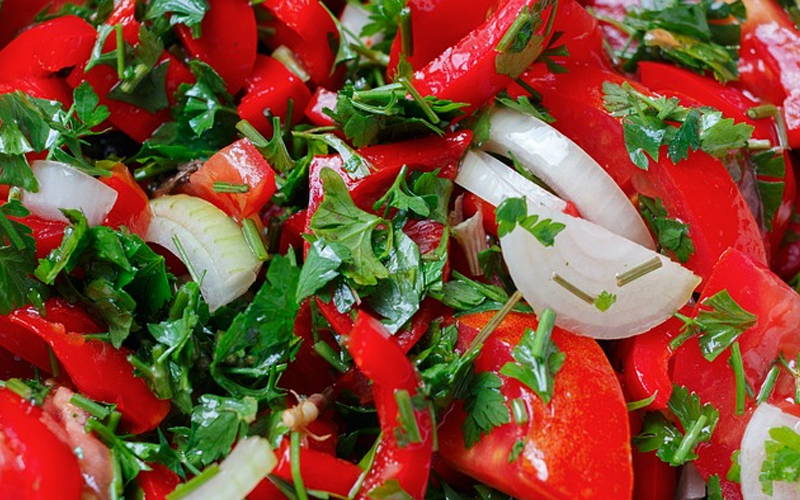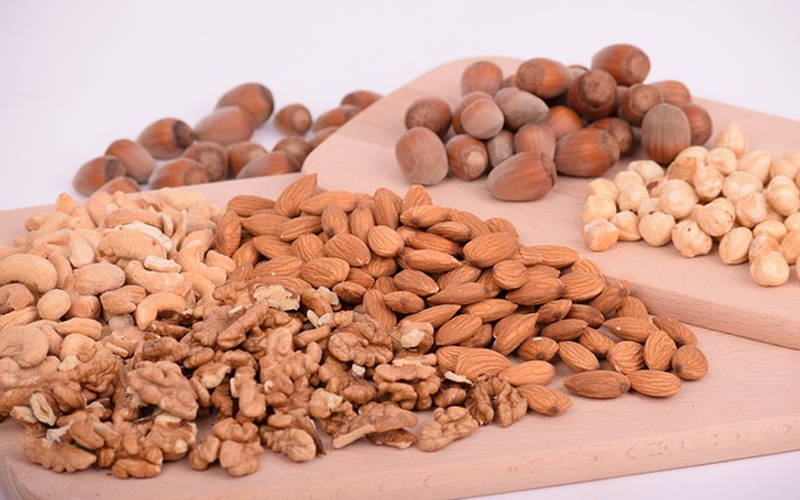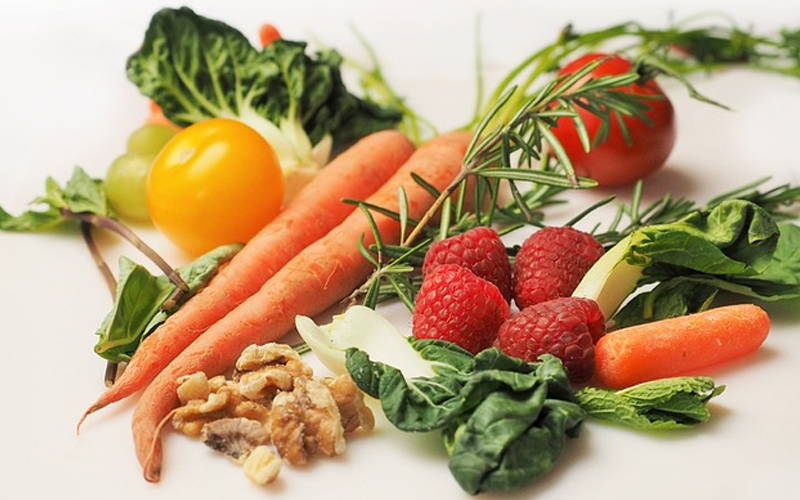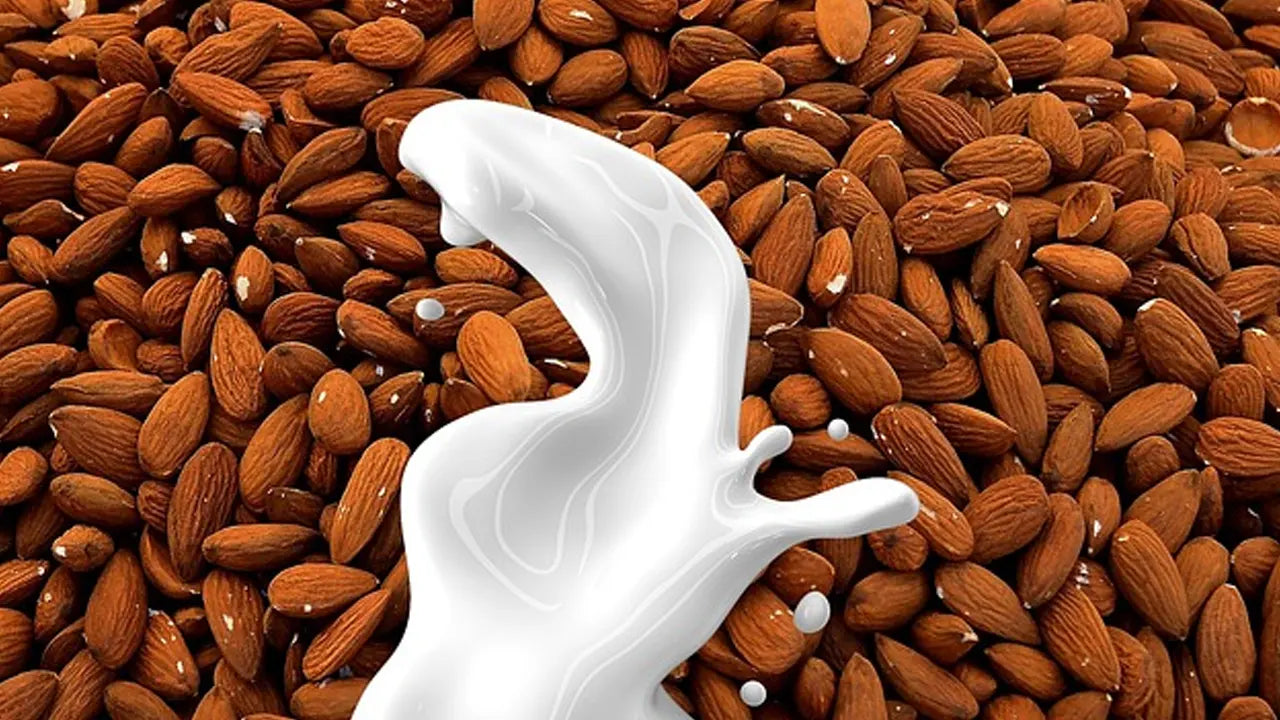The Alkaline Diet has been around for decades, gaining traction due to its growing list of purported health benefits. As research continues to mount, understanding the diet's key essentials and adhering to it is becoming increasingly important. To make this easier than ever, this article will provide a comprehensive and updated guide to the Alkaline diet, Alkaline diet benefits, and everything you need to know in order to keep yourself looking, feeling, and being at your best.
We'll talk about what the Alkaline Diet is, how it works, the pros and cons associated with following it, what foods are allowed/restricted, tips for getting started, as well as research linking it to bone health, cancer, and other potential benefits.
This guide aims to answer all of your questions and provide you with all the advice you need to determine whether or not this acid-forming diet is right for you and your lifestyle in 2023.
Short Summary
- The Alkaline Diet is a diet based on maintaining optimal pH levels in the body for improved wellness.
- The alkaline diet emphasizes consuming more alkaline-forming foods and avoiding processed foods, dairy products, animal proteins, and foods high in sodium and saturated fat.
- The Alkaline Diet may provide health benefits, but there are limitations and challenges to consider when making the decision of whether it is an appropriate choice for individual needs.
What is the Alkaline Diet?

How Does It Work?

Pros and Cons

What Can You Eat?

How to Prepare the Alkaline Diet & Tips

Is the Alkaline Diet a Healthy Choice for You?

Summary
Frequently Asked Questions
What foods are in an alkaline diet?
What is an alkaline diet for beginners?
What is the 80 20 rule in the alkaline diet?
How healthy is an alkaline diet?
What foods are in an alkaline diet?










